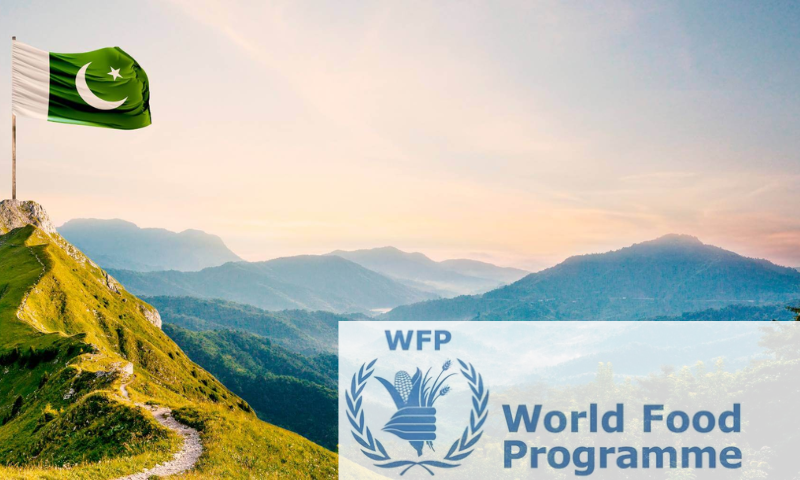Islamabad, 22 August 2024 (TDI): The UN World Food Programme (WFP) Pakistan Representative and Country Director Coco Ushiyama called on the Secretary Economic Affairs Division to discuss government’s priorities and ongoing WFP initiatives in Pakistan.
The Secretary appreciated the recent approval of the Green Climate Fund for WFP’s $9.8 million project aimed at building climate resilience in Khyber Pakhtunkhwa (KP).
He acknowledged that the project aligns well with national priorities and emphasized the significance of expanding it to other provinces in the future, as well as upscaling activities in KP by exploring co-financing options.
This climate risk management initiative focuses on enhancing resilience to extreme climate events in flood-hit districts of the province.
The project, led by the WFP in partnership with the government of Pakistan, seeks to strengthen the technical capacity of the public sector in Khyber Pakhtunkhwa.
Its goals include improving flood forecasting, enabling anticipatory action, and providing food-insecure, vulnerable rural households with climate-resilient tools to diversify their livelihoods and achieve financial sustainability.
Moreover, the project aims to strengthen climate information services, allowing communities to better prepare for and adapt to flash floods through improved flood risk information and local adaptation planning for resilient livelihoods and infrastructure.
The project will specifically involve the marginalized groups, including females and persons with disabilities, for access to critical climate resilience initiatives.
With its focus on institutional capacity development, long-term sustainability, and knowledge transfer, this project marks a major step forward and serves as a model for comprehensive, community-centered climate adaptation.
The innovative initiative is likely to benefit more than 1.6 million vulnerable individuals on the frontlines of climate change by providing improved climate information services and an early warning system.
Plans include installing automated weather and hydrometeorological stations in Shangla and Buner districts, offering tailored crop management advisories, reducing negative coping strategies during floods (such as cutting back on education, health, and food expenses), and involving local entrepreneurs and the private sector.
Farkhund Yousafzai is an Associate Editor at The Diplomatic Insight.



